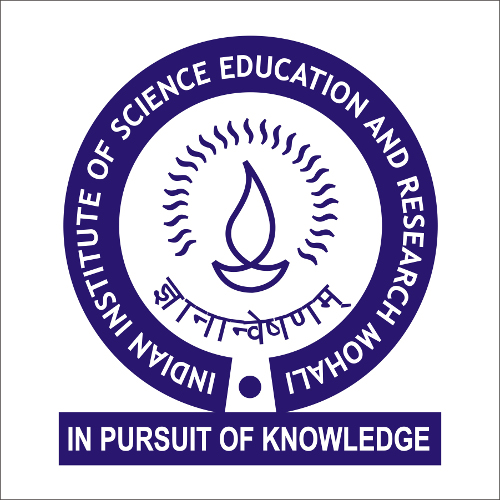Forthcoming Events
Chromatin Remodeler Plasticity in Hematological Malignancies
Dr Mayukh Biswas, Assistant Professor, Institute of Health Sciences, Presidency University, Kolkata
Location : Online
Abstract: T-cell acute lymphoblastic leukemia (T-ALL) and Acute Myeloid Leukemia (AML) are aggressive hematologic malignancies characterized by differentiation arrest and aberrant proliferation of immature progenitors. Mutational events, particularly those involved in epigenetic regulators, can alter Hematopoietic Stem Cell (HSC) self-renewal promoting clonal expansion and favoring the development of leukemia. Somatic mutations in Plant Homeodomain Factor 6 (PHF6), an X-linked gene, are highly recurrent in human leukemias with T cell and myeloid phenotypes and are characteristically early lesions in leukemia transformation. PHF6 is mutated in 30% T- ALL, 3.2% of de novo AML, 3% MDS, 4.7% CMML, and 1.6% CML patients. Most common PHF6 mutations in leukemia are nonsense and frameshift premature protein truncating alleles that result in complete loss of protein expression. Strikingly, PHF6 mutations in T-ALL were found to be significantly enriched in TLX1 or TLX3 translocated T-ALLs, whereas PHF6 mutations in AML were always found to be co-occurring with other bona fide AML mutations most significantly with ASXL1, RUNX1, TET2 and DNMT3A. However, the specific molecular mechanisms by which PHF6 governs stem cell activity and the functional role of this gene in leukemia notably the mechanism by which PHF6 mutations accelerate leukemic transformation remain to be elucidated. To bridge this gap, here we will dissect the cellular composition, structure and function of PHF6 in complex with chromatin organization factors involved in epigenetic regulation of leukemia tumor suppressor and HSC homeostasis programs using proteomics and epigenetic profiling analyses. We will interrogate the role of PHF6 associated epigenetic regulators in hematopoietic development and HSC function and in the control of leukemia initiation and progression using state-of-the-art conditional knockout cellular models, leukemia cell lines and mouse models. These studies will improve our mechanistic understanding of HSC and leukemia stem cell self-renewal in leukemic transformation and provide critical novel insights in the pathogenesis of T-ALL and AML.
Meeting ID: 996 0206 4951
Passcode: 895844
Meeting ID: 996 0206 4951
Passcode: 895844

